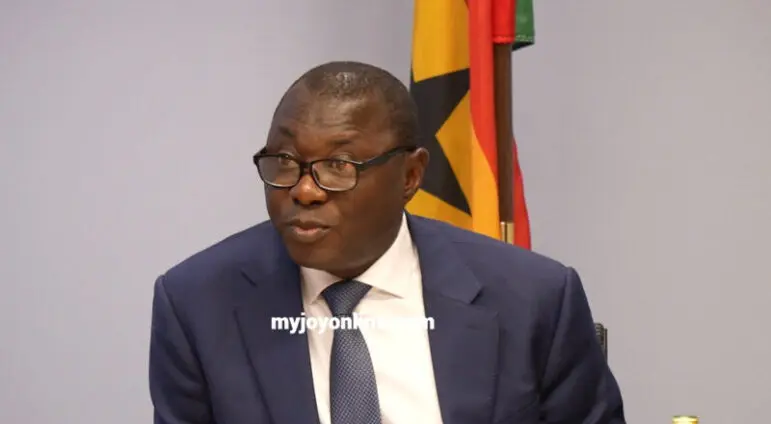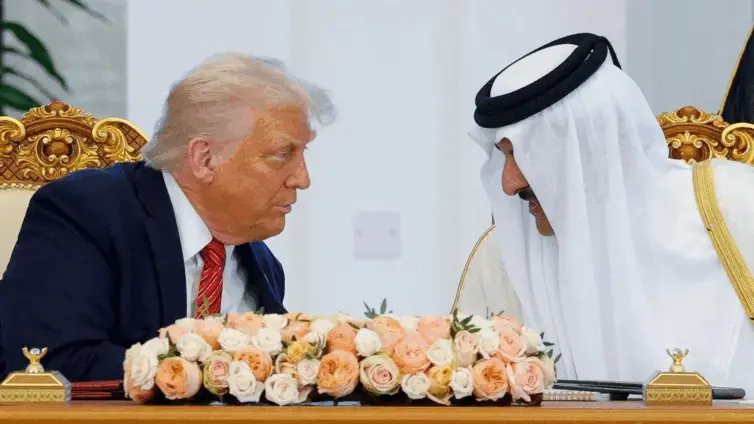The recent appreciation of the Ghana Cedi has sparked a heated political debate, with the Minority in Parliament asserting that the current government is reaping the rewards of prudent economic policies set in motion by the previous administration. This tug-of-war over the factors influencing the Ghana Cedi appreciation raises critical questions about the true drivers of currency stability and the legacy of economic management in the country.
At the heart of the debate is the claim that the foundation for the cedi’s recent gains was laid by the New Patriotic Party (NPP). The Minority argues that strategic initiatives undertaken during their tenure are now bearing fruit, while the current administration’s contributions have been less impactful. This article will delve into the specifics of these claims, examining the NPP’s economic policies and their purported effect on the cedi, while also scrutinizing the current government’s performance in managing forex reserves and maintaining currency stability.
Dr. Mohammed Amin Adam, a leading voice in the Minority, pointed to the $10.6 billion in gross international reserves, with $8.98 billion inherited from the NPP, as evidence of the groundwork laid for the cedi’s strength. “Of this amount, a substantial $8.98 billion was inherited from the NPP government,” he stated, emphasizing the significance of these inherited reserves.
The NPP’s economic strategy, according to the Minority, included innovative measures like the Gold for Forex (G4FX) initiative and a robust gold reserve accumulation program. These policies, they argue, were designed to provide a buffer against currency volatility and enhance Ghana’s ability to intervene in the forex market. Finance Minister Ato Forson’s remarks on GoldBod’s gold-for-forex scheme acknowledged the ongoing use of gold reserves to manage the currency, underscoring the continued relevance of these strategies.
A significant aspect of the NPP’s approach was the strategic increase in Ghana’s gold reserves. Starting from 8.78 tonnes in May 2023, the reserves surged to 30.53 tonnes by the end of 2024. This accumulation, coupled with achieving an import cover of four months—exceeding the IMF’s benchmark—provided the central bank with greater firepower to intervene in the forex market and bolster currency stability.
“The Vice President at the time, Dr. Mahamudu Bawumia, thought out of the box. He saw that it was possible to keep our cedi strong and stable using Ghana’s gold,” the Minority stated, highlighting the forward-thinking approach behind the gold-backed strategy.
However, the Minority has been critical of the current administration’s efforts in gold accumulation and forex reserve management. They contend that the government has added less than one metric ton to the country’s gold reserves since January 2025, a stark contrast to the rapid accumulation during the NPP’s tenure. Despite favorable conditions such as improved cocoa export receipts, higher global gold prices, and increased remittances, the Minority argues that the NDC government has only added $1.6 billion to Ghana’s reserves over four months.
Dr. Adam has also raised concerns over inconsistencies in reported reserve data, calling for greater transparency and accountability in forex transactions. He cited Article 184 of the 1992 Constitution, which mandates a detailed account of foreign exchange transactions to be submitted to Parliament, emphasizing the importance of adhering to constitutional requirements.
The Minority has also voiced concerns that the recent Ghana Cedi appreciation has not translated into tangible benefits for ordinary Ghanaians. They point to the fact that Ghana’s inflation has only marginally declined from 23 per cent in January to 21 per cent in April 2025, suggesting that the currency gains are not effectively curbing inflationary pressures.
As the Bank of Ghana’s Monetary Policy Committee convenes, the Minority is advocating for a significant policy rate reduction and structural reforms to ensure that the benefits of currency stability are passed on to consumers and businesses. Expert commentary suggests that a stable currency is a necessary but not sufficient condition for lowering inflation and interest rates; complementary fiscal and monetary policies are crucial.
In summary, the debate surrounding the causes of the cedi’s appreciation underscores the complexities of economic management and the importance of transparency and accountability in forex reserve management. The Minority’s statement highlights the competing narratives surrounding the drivers of currency stability and the need for policies that translate currency gains into tangible benefits for the Ghanaian populace. Ultimately, ensuring broad-based economic gains from Ghana Cedi stability requires a multi-faceted approach, including policy rate reduction and structural reforms, as advocated by the Minority.
Image Source: MYJOYONLINE






















